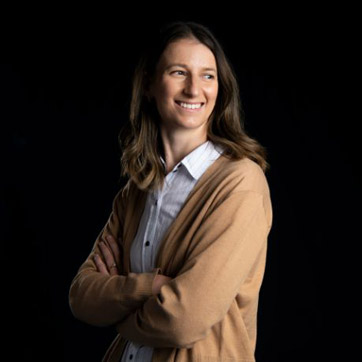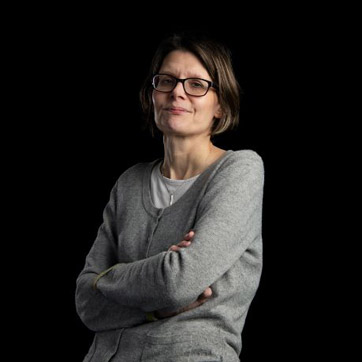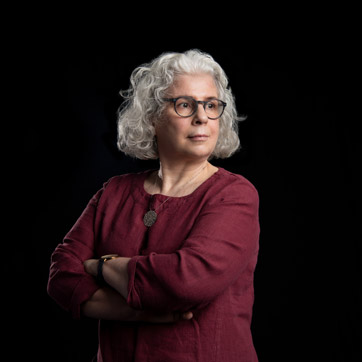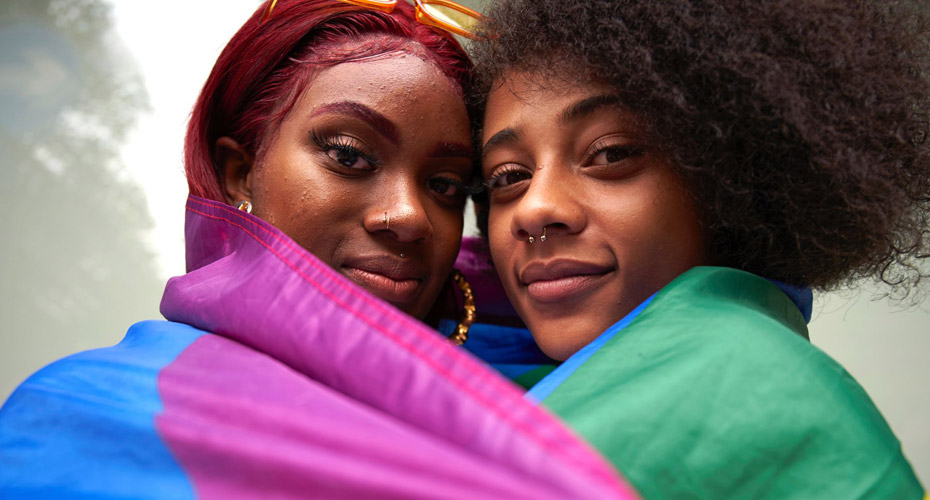Understanding inequalities of race, colonialism and migration
21 FEB 2022
3 mins read time
Exploring the inequalities, discrimination and injustice that contemporary migrants, refugees and otherwise displaced people face requires extensive work. We are unpicking legacy issues left by colonialism, imperialism and their inextricable connections to race and ethnicity.
At the University of Exeter, we have researchers across Humanities and Social Sciences examining these complex and interlinked issues. Only by understanding the root causes of these social injustices can we hope to address and resolve them.
To this end, we have established Routes, a collaborative network designed to give structure to the myriad of work associated with migration and displacement issues, and particularly the rights of displaced people both internationally and within their own country.
It is estimated that 55 million people are internally displaced worldwide. They have fewer bespoke rights than refugees who travel to another country and existing mechanisms for country-to-country information sharing on the subject is insufficient. Research carried out by Dr Ben Hudson from the University of Exeter Law School, in collaboration with international peers under the sponsorship of the Refugee Law Initiative, is now informing discussions at the UN High-Level Panel on Internal Displacement. The research makes an ‘urgent call’ for a new international forum, hosted by the United Nations (UN), to help people displaced in their own country.
It is estimated that 55 million people are internally displaced worldwide
Associate Professor Helena Wray is another leading academic conducting research that is having a positive impact on the lives of migrants closer to home. She is also a founding member of Routes and has conducted extensive research into the difficulties and inequalities faced by migrant families due to UK immigration policy. Her research has already contributed to Home Office Affairs Committee recommendations that immigration policy needs to be more sensitive to the rights of families and children.
Wray's team found that, as of 2015, around 15,000 children, mostly British citizens, were separated from a parent by the very high income threshold for sponsoring a spouse or partner to come to the UK. This threshold could not be met by around 40% of the working population and its impact was exacerbated by associated conditions, causing widespread unhappiness, anger and psychological consequences for the children involved. The report was cited by the Supreme Court in support of its finding that the policy does not comply with the government’s legal obligations towards children.
As of 2015, around 15,000 children, mostly British citizens, were separated from a parent
In a similar vein, another team led by ancient historian Professor Elena Isayev are applying their expertise to address the damage to cohesion and its intergenerational legacies in acute moments of post-conflict and displacement. They are working with colleagues from other institutions as part of a substantial international research project to expose and build on the critical role culture plays in enhancing opportunities for sustainable peace. Imagining Futures confronts whose story will continue to be told and how, and whose silenced. Working with local communities and marginalised groups the project is creating co-existing narratives and redressing the issue of history not being written by those most affected. The extensive network team connects creators and institutions in Africa, the Middle East, North America, the UK and Europe.
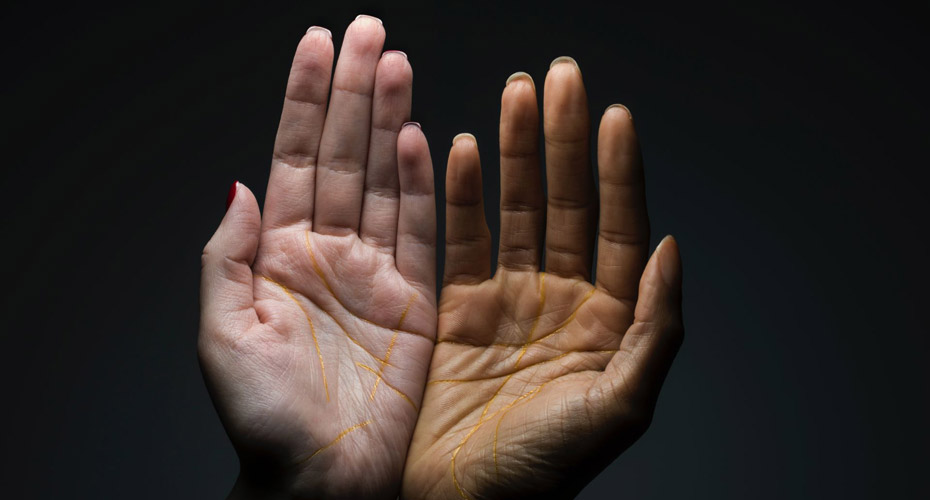
The lasting impact of colonialism cannot be underestimated when considering the discrimination and social injustice faced by ethnic groups and migrants. Here too, researchers from the University of Exeter are leading the way to inform the discussion and shed light on issues that have previously been hidden from view.
Dr Gajendra Singh’s work is focused on the impact of British colonialism, particularly the role of Indian soldiers in the British Armed Forces during the world wars and how the structures of knowledge that informed and shaped the British Empire impact issues of racism and social justice today. His research has informed a number of BBC 1, BBC Radio 4 and World Service productions exploring Indian revolutionary movements and Indian soldiers’ experiences of France during World War 1.
Professor Ayesha Mukherjee’s research on early modern famine, funded by the AHRC, has raised awareness of the history of food shortages, through which we can make sense of current issues around food security, biodiversity, soil nutrition, and climate change. She has led research and impact projects with the collaboration of colleagues from Jadavpur University, the British Library, urban graphic artists in Calcutta, and traditional scroll painters from Naya village in West Bengal. Her recent Famine Tales project produced new artworks depicting selected episodes of early modern famine which were exhibited at the University of Exeter. Mukherjee’s research demonstrates how communities on either side of a colonial divide have a shared history of food insecurity. The scrolls have been exhibited at the University of Exeter and are engaging participants to produce a new scroll depicting the themes discussions have raised.
"The types of social inequality that we're looking at cover many different subjects, but we've been embracing a decolonial agenda at the University of Exeter for quite some time"
Professor Gareth Stansfield
Pro-Vice-Chancellor and Executive Dean
It is undeniable that issues of social inequality across different communities can be found right around the world. A strong example is Professor Emily Bridger’s research in South Africa to examine and understand the prevalence of sexual violence there. Her research is unveiling the historical context behind this violence from both the apartheid and post-apartheid eras and unpacking how the interwoven issues of race, colonialism, class and gender are contributory factors. Professor Bridger is working closely with Non-governmental organisations (NGOs) and South African women themselves to develop understanding and knowledge that can have a genuine positive impact on their lives.
Returning to contemporary domestic issues, our researchers are also carrying out mass surveys and in-depth fieldwork to assess how existing social inequalities are being reinforced and new ones are being created. This major study, led by Katharine Tyler, Professor of Social Anthropology, and funded by the Economic and Social Research Council (ESRC) is part of the UK Research and Innovation’s rapid response to COVID-19. The study is designed to show the diverse social and political effects of coronavirus and Brexit according to race and ethnicity as well as migration status, nationality, class, age and location.
A distinguishing feature of our research is the international nature of much of our work and a commitment to addressing these issues wherever they are found. Right across the spectrum of social inequalities faced by these marginalised communities both in the UK and internationally - University of Exeter academics are making a difference.
